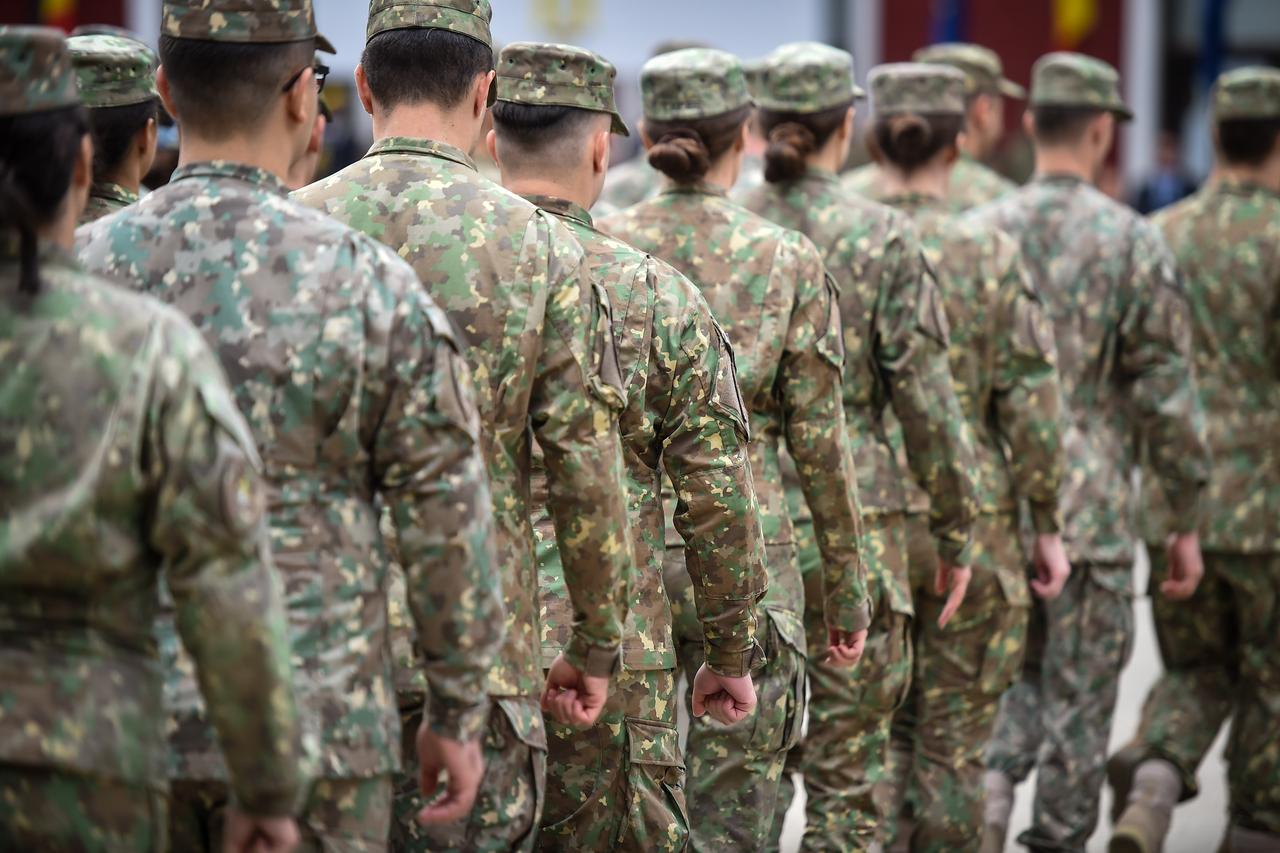
Europe is entering a new era of defence politics as governments move to include women in military conscription, a shift driven by the war between Russia and Ukraine and repeated warnings from NATO about rising security risks.
Denmark has become the most recent example, and its new approach has pushed the country to the center of a wider European debate over equal military obligations.
Under the updated system, young women will join the draft lottery when they turn 18, attend military assessment centres, sit written and medical exams, and draw a number that determines their likelihood of being called up.
The term can last up to 11 months, and many teenagers say the change has created uncertainty about their education and career plans, as compulsory service may return for the first time in more than a decade.
Denmark expanded its conscription rules in July and the current government plans to grow the reserve army from roughly 4,000 recruits a year to 7,500.
The policy is part of a broader defence build-up that includes more fighter jets, drones and ships. Denmark increased defence spending from 2 percent of GDP in 2023 to 3 percent in 2025, and aims to commit £20 billion (over $26 billion) over ten years, as reported by The Times.
The Danish government and many citizens feel like the threat is growing. In September, suspected Russian drones forced airports in Copenhagen and Oslo to shut down for several hours. Nineteen Russian drones had also entered Polish airspace days earlier.
Danish Prime Minister Mette Frederiksen said the drone activity over Copenhagen airport was “the most serious attack on Danish critical infrastructure to date.”
Colonel Kenneth Strom, who oversees the conscription programme, says Denmark must build combat power quickly. “All Danes are aware of the security situation,” he said, noting that young recruits may play a key role if Europe faces a wider conflict.
Support for the new rules is strong among many Danes as some young women say equal service is part of equal rights. Others fear that conscription could derail education plans or expose them to risks that earlier generations never faced.
Denmark ranks among the most gender-equal countries in the European Union.
Still, women make up only about a quarter of the Danish army. Officials hope the draft will encourage more women to join and help shift the culture of the armed forces but some challenges remain.
A Ministry of Defence survey in 2023 found that 20.3% women in the Danish military had faced unwanted sexual attention or harassment in the previous 12 months, as reported by BBC. The ministry says it is committed to eliminating abuse.
Meanwhile, military officials argue that equal conscription is necessary for long-term security. Commander Sune Lund, who oversees assessment days, says the army needs the full strength of the population. “Different people bring different qualities into the military,” he said.
Europe’s move toward female conscription began in the Nordics.
Norway made military service mandatory for women in 2015 and Sweden followed in 2017 after reviving conscription in response to Russia’s actions in Crimea.
The Netherlands added women to its conscription law in 2020, although the system is not currently enforced.
Baltic countries are now considering similar steps. Latvia’s defence minister Andris Spruds supports introducing female conscription by 2028, arguing that countries bordering Russia must strengthen their defence, as reported by BBC.
Fertility decline is also a factor and Latvia, Estonia and Lithuania. Experts say shrinking youth populations will reduce the number of eligible male recruits by the 2040s. Researchers warn that current systems may soon be unsustainable while Estonia conscripts about 40 percent of eligible young men.
If birth rates stay low and security tensions stay high, experts say Estonia may need to conscript nearly all eligible young men unless the pool expands to include women.
Germany has revived its national service debate but stopped short of reinstating mandatory conscription.
The government agreed on a volunteer-first model that requires all 18-year-old men to register and attend screenings. Women can volunteer but are not required to take part because the German constitution only allows compulsory service for men.
Chancellor Friedrich Merz has signalled support for a constitutional change that would allow female conscription, but such an amendment would need a two-thirds majority.
France plans to expand its voluntary service programme with a stronger focus on defence training.
Poland wants to introduce military training for all men from 2026. Croatia will bring back conscription in 2026, and Serbia has approved its own return to compulsory service.
Women remain exempt in both Croatia and Serbia.
NATO members are under pressure to boost defence spending as part of a long-term plan to reach 5 percent of GDP by 2035.
Several states have expanded their armies or reintroduced conscription over the last decade, including Ukraine, Latvia and Sweden.
Ukrainian officials say more than 70,000 women serve in their armed forces, with around 5,000 on the front line.
European governments argue that stronger armies are needed to deter Russia as critics warn that expanding conscription could fuel militarisation and undermine diplomatic efforts.
Support for mandatory service varies across the continent. Polling by the European Council on Foreign Relations earlier this year found strong support for mandatory military service in France, Germany and Poland.